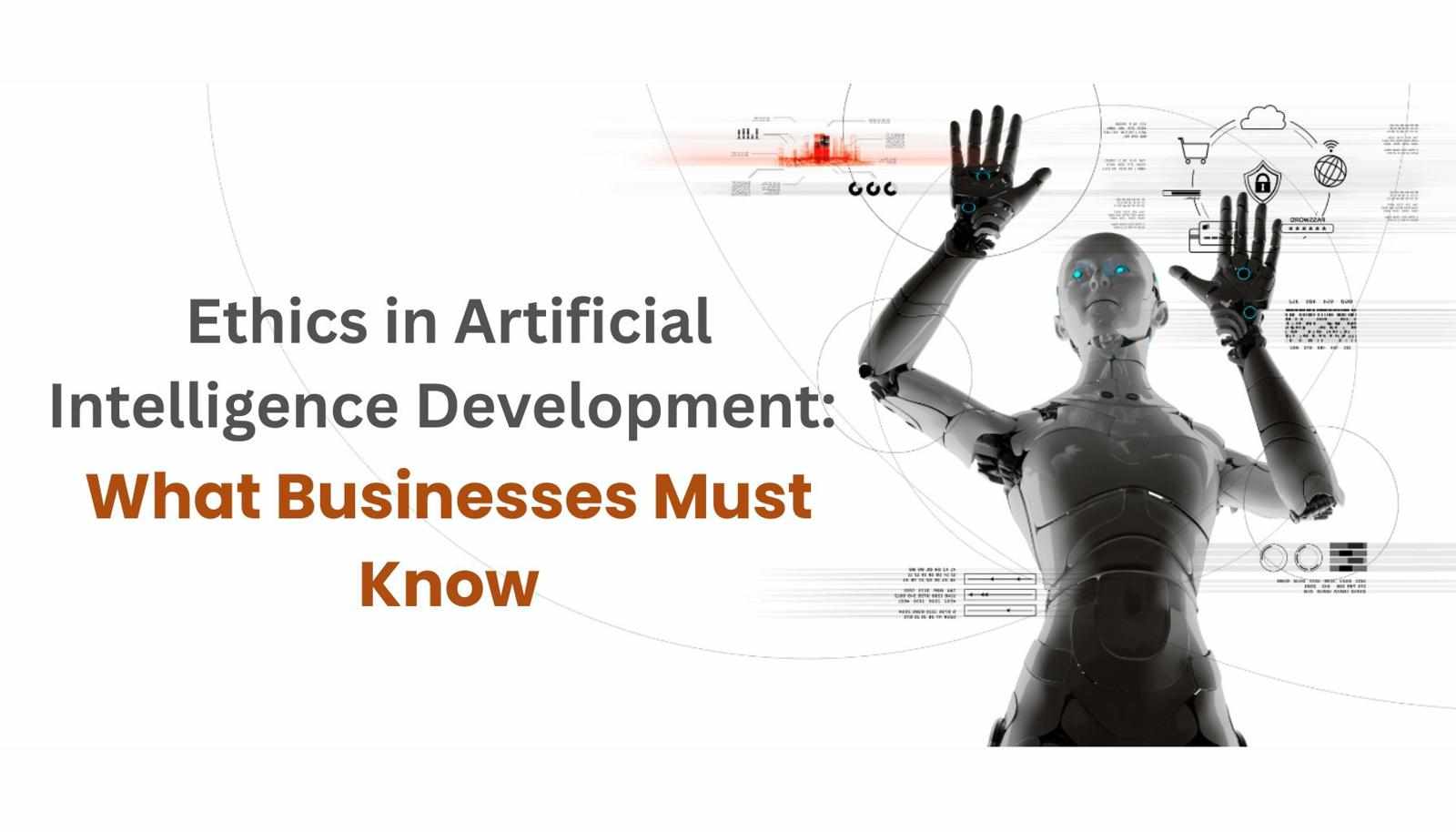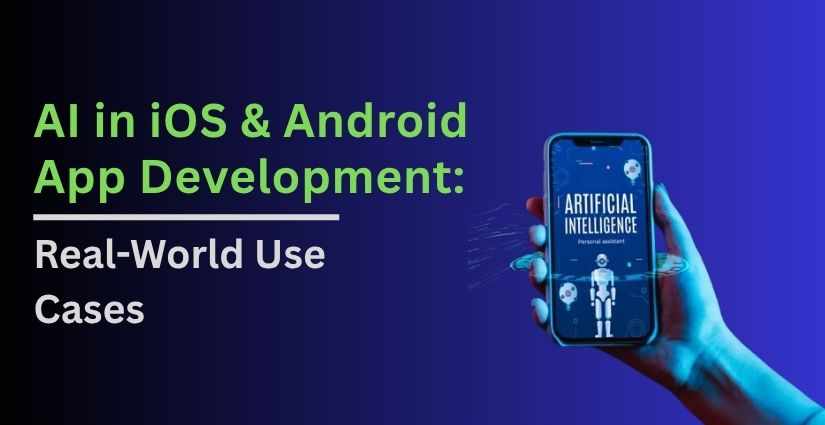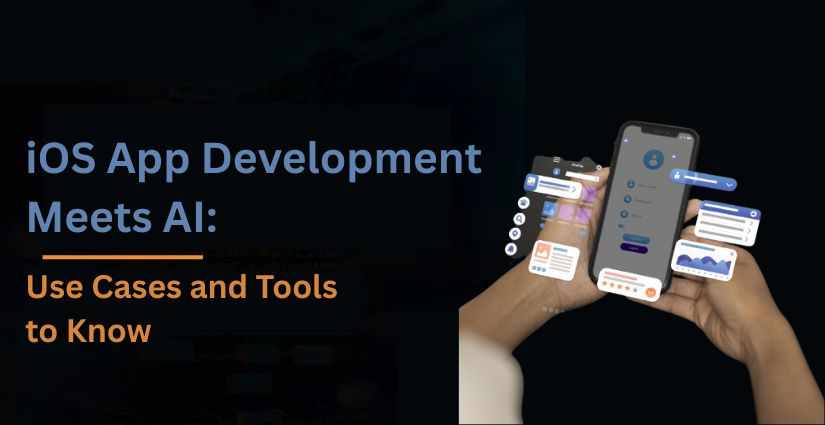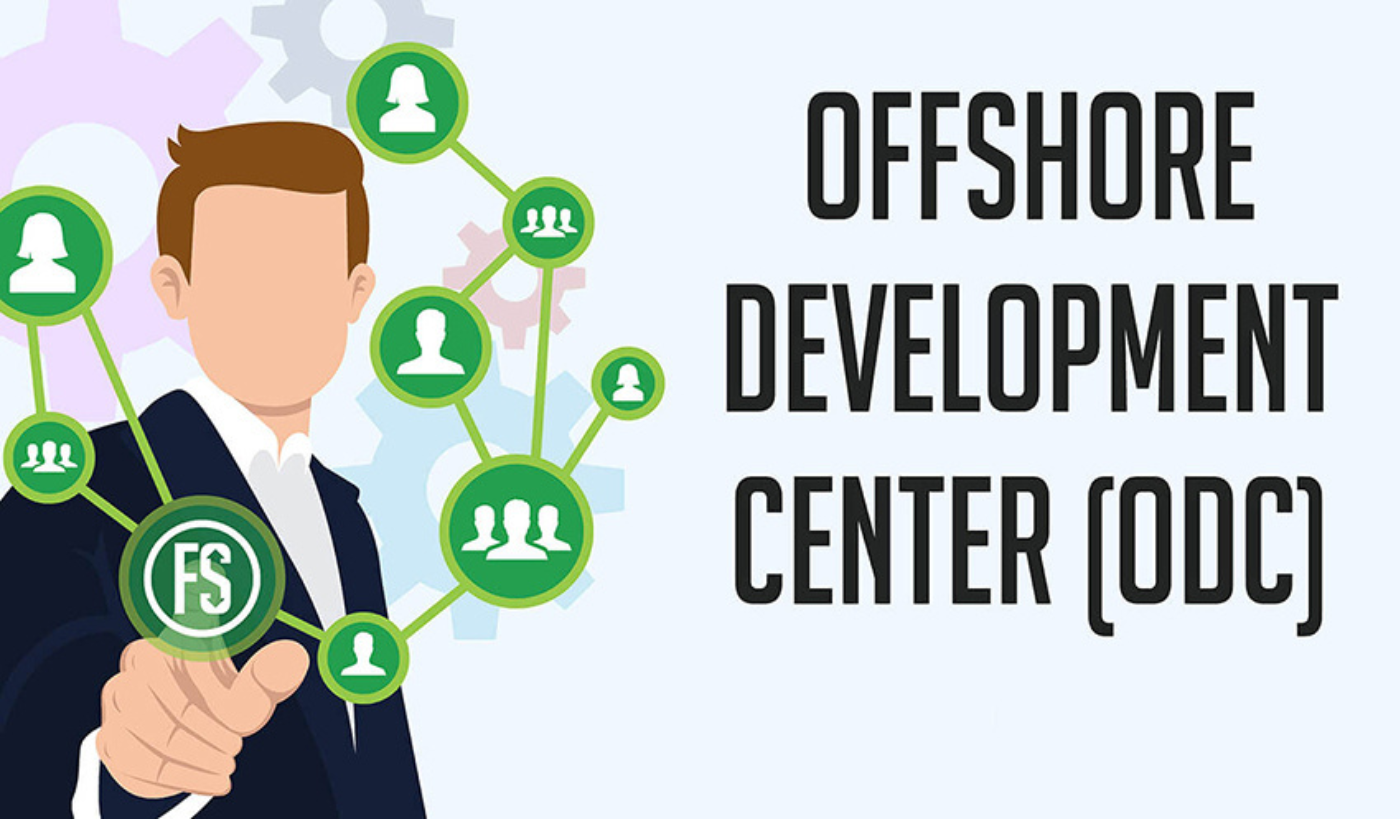
Artificial Intelligence (AI) is no longer a futuristic concept confined to research labs and science fiction movies. It has evolved into a powerful driver of business transformation, enabling organizations to automate processes, analyze massive datasets, personalize customer experiences, and innovate faster than ever before. From chatbots to predictive analytics, AI is reshaping industries at an unprecedented pace.
However, alongside this promise lies a profound responsibility: ensuring the ethical development and deployment of AI technologies. For businesses—whether you are a custom iOS development company integrating AI features into mobile applications or a global enterprise adopting Artificial Intelligence development services the stakes are high. Ethical lapses can lead to reputational damage, legal repercussions, and the erosion of public trust.
This article explores the key ethical considerations in AI development, the potential pitfalls of ignoring them, and what businesses must know to balance innovation with responsibility.
Why Ethics in AI Development Matters
AI is more than just a set of algorithms. It interacts with human lives, influences decisions, and, in many cases, operates autonomously. The impact of AI can be positive or negative depending on how it is designed, trained, and implemented.
When businesses overlook ethical guidelines, they risk:
Bias and Discrimination: AI trained on skewed data can perpetuate existing social inequalities.
Privacy Violations: Mishandling of personal data can breach regulations and user trust.
Lack of Transparency: “Black-box” algorithms make it hard to explain AI-driven decisions.
Job Displacement Concerns: Automation can lead to workforce disruptions if not managed responsibly.
In short, AI ethics is not just a moral obligation—it’s a strategic necessity that safeguards brand reputation and ensures regulatory compliance.
The Core Principles of Ethical AI Development
Businesses investing in Artificial Intelligence development services should build their strategies around these key ethical principles:
a. Fairness
AI systems must make decisions that are unbiased and equitable. Training datasets should be diverse and representative to avoid reinforcing stereotypes. This requires careful curation of data and continuous monitoring for discriminatory patterns.
b. Transparency
Stakeholders—customers, employees, regulators—should be able to understand how AI systems arrive at their conclusions. Explainable AI models can help reduce the “black-box” problem, allowing businesses to provide clarity and accountability.
c. Accountability
Even if AI operates autonomously, businesses remain responsible for its outcomes. Clear governance structures must be in place to assign accountability for errors or harm caused by AI systems.
d. Privacy Protection
AI often processes vast amounts of personal data. Ethical AI respects user consent, encrypts sensitive information, and complies with regulations such as GDPR and CCPA.
e. Safety and Reliability
AI must be tested rigorously to ensure it performs consistently across various scenarios. A flawed recommendation in a mobile health app developed by a custom iOS development company could have serious consequences.
The Role of Businesses in Ethical AI Implementation
While researchers and policymakers are working on global AI ethics frameworks, businesses must take proactive steps to embed these values into their AI projects.
a. Establish Internal AI Ethics Guidelines
Before launching any AI product or service, companies should define ethical standards tailored to their industry. This includes data handling policies, bias detection protocols, and guidelines for transparent communication.
b. Conduct Regular Audits
Ethical compliance should be an ongoing process. Businesses must periodically audit AI systems for bias, performance issues, and compliance with evolving regulations.
c. Educate Teams
From developers to executives, everyone involved in AI projects should understand the ethical implications of their work. Workshops, training sessions, and certifications can strengthen this awareness.
d. Engage Stakeholders
Customers, regulators, and even advocacy groups can provide valuable feedback on AI projects. Engaging with these stakeholders early on helps identify potential ethical risks.
Common Ethical Risks in AI Development
a. Data Bias
Bias in AI often stems from non-representative datasets. For example, a retail AI recommendation system trained on data from one demographic may fail to serve customers from other regions or cultures fairly.
b. Deepfakes and Misinformation
AI-powered tools can generate highly realistic fake videos, audio, or text. While these have creative applications, they also raise concerns about misinformation and fraud.
c. Privacy Invasion
Facial recognition and behavioral analytics can collect sensitive information without consent, posing risks to civil liberties.
d. Automation Without Responsibility
AI-powered automation can displace workers. Businesses must plan reskilling initiatives to ensure a fair transition.
Regulatory and Legal Considerations
Laws surrounding AI are evolving, but businesses should already align with the most prominent frameworks and guidelines.
a. GDPR and Data Protection Laws
Any AI system handling personal data in Europe must comply with the General Data Protection Regulation (GDPR). Similar regulations exist globally, such as the CCPA in California.
b. AI-Specific Laws
The EU AI Act, once enacted, will classify AI applications into risk categories and impose strict requirements on high-risk systems.
c. Industry-Specific Compliance
A custom iOS development company creating AI-powered healthcare apps must follow medical device regulations, while AI in finance must comply with anti-money laundering and fraud prevention laws.
Balancing AI Innovation with Ethical Responsibility
Businesses often face a dilemma: rapid innovation versus responsible deployment. While the pressure to launch AI products quickly is high, ethical considerations should never be sacrificed for speed.
Best Practices for Balancing the Two:
Build ethics into the design phase, not as an afterthought.
Use modular development so ethical reviews can occur at each stage.
Partner with vendors offering transparent and ethical Artificial Intelligence development services.
The Financial Perspective: Ethical AI and the AI Development Cost
Ethical AI might seem expensive upfront, but it can save businesses from costly mistakes in the long run.
a. Short-Term Costs
Data cleansing and bias mitigation
Ethical review processes
Additional testing and audits
b. Long-Term Savings
Reduced legal risks and penalties
Avoidance of PR crises
Stronger customer loyalty
When budgeting for AI development cost, businesses should include ethical compliance as a core expense rather than an optional add-on.
Real-World Examples of Ethical and Unethical AI
Ethical Example: IBM’s AI Fairness 360 Toolkit
IBM developed an open-source toolkit that helps developers detect and mitigate bias in AI models, promoting transparency and fairness.
Unethical Example: Cambridge Analytica Scandal
The misuse of personal data for political targeting demonstrated how AI can be weaponized against public interest, sparking global outrage and stricter data privacy laws.
Future Trends in Ethical AI
a. AI Governance Frameworks
Expect more standardized frameworks that businesses can adopt to ensure compliance with ethical norms.
b. Human-in-the-Loop Systems
To prevent full automation from making harmful decisions, more companies will integrate human oversight into AI processes.
c. Ethical AI as a Competitive Advantage
Companies that market themselves as providers of ethical AI—similar to how “sustainable” brands operate—will attract more customers and investors.
Action Plan for Businesses
Here’s a step-by-step plan for integrating ethics into your AI strategy:
Define Ethical Objectives – Align with your company’s mission and customer expectations.
Assess Risks – Identify possible biases, privacy risks, and unintended consequences.
Develop Governance Structures – Assign roles for oversight and accountability.
Implement Transparency Tools – Use explainable AI and clear user communication.
Monitor and Audit – Keep ethics as an ongoing priority, not a one-time checklist.
Engage in Industry Collaboration – Share best practices with other businesses and participate in ethical AI initiatives.
Conclusion
Artificial Intelligence is reshaping the way businesses operate, offering unmatched opportunities for growth, innovation, and efficiency. Yet, with great power comes great responsibility. Ethical AI development is no longer an optional consideration—it’s a fundamental requirement for sustainable success.
Whether you are a custom iOS development company integrating AI into apps, a startup exploring Artificial Intelligence development services, or a corporation calculating AI development cost, embedding ethics into your strategy is vital.
By prioritizing fairness, transparency, accountability, and privacy, businesses can harness AI’s potential while safeguarding their reputation, complying with regulations, and earning the trust of customers in an increasingly AI-driven world.












Write a comment ...